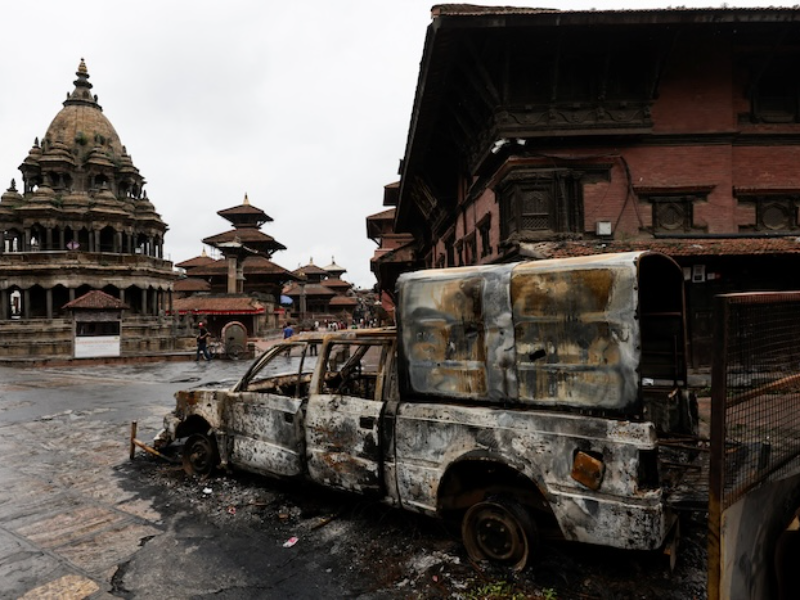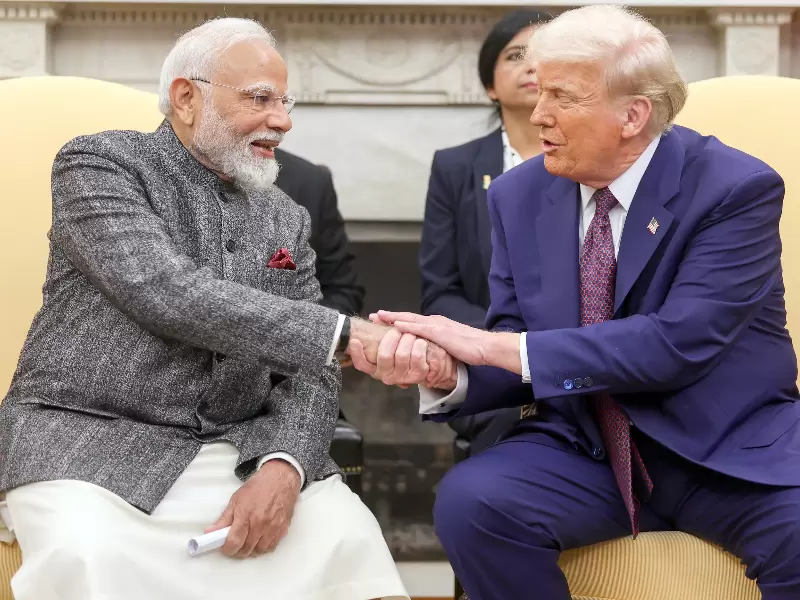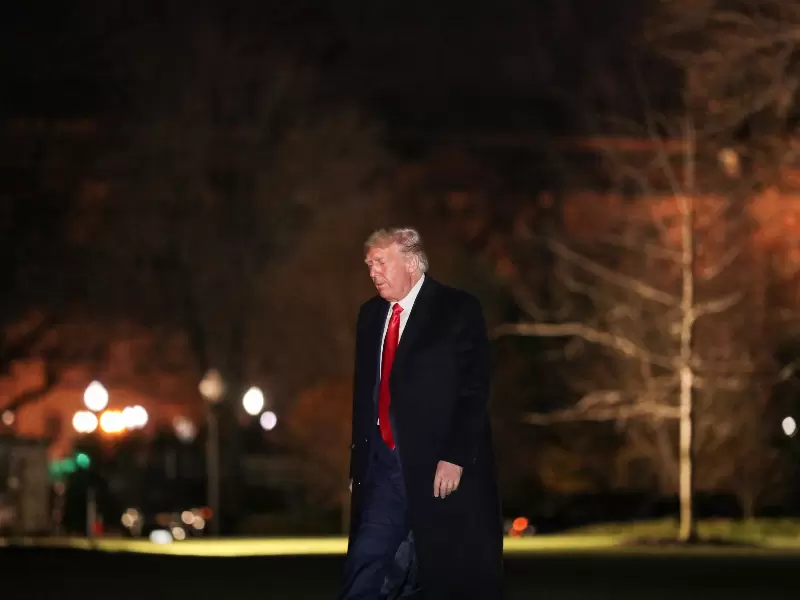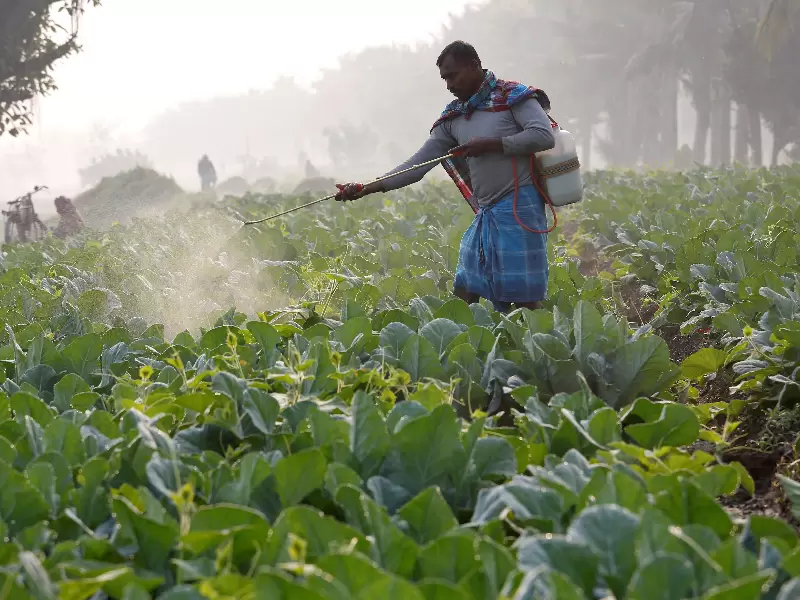What Should Be Nepal’s Next Course of Action?
Not a single Nepali today believes in the fairness of our justice system.
 A torched vehicle stands at Patan Durbar Square following deadly anti-corruption protests triggered by a social media ban, which was later lifted, in Lalitpur, Nepal, September 11, 2025. / EUTERS/Navesh Chitrakar
A torched vehicle stands at Patan Durbar Square following deadly anti-corruption protests triggered by a social media ban, which was later lifted, in Lalitpur, Nepal, September 11, 2025. / EUTERS/Navesh Chitrakar
The unexpected turn of events on September 9 shook Nepal to its core, toppling the government overnight and leaving the nation in turmoil. For many, this moment feels even more significant than past political upheavals—perhaps even overshadowing the revolutions that defined earlier generations. Words alone may fall short in capturing the scale of this transformation, but one thing is clear: years of frustration, mistrust, and disillusionment among young Nepalis have finally erupted. The social media ban acted as the matchstick that ignited this long-brewing fire.
Scenes of leaders being chased, beaten, and their houses burned may look like a wave of vigilante justice or even karmic payback in the eyes of many. But this raises a critical question: why do people believe that taking justice into their own hands is the only way left?
The answer lies in the collapse of trust. Not a single Nepali today believes in the fairness of our justice system. From top leaders to the lowest officials, the government is widely perceived as corrupt. This perception is not baseless; decades of political instability and failure to deliver justice have eroded public confidence to the point of no return.
If Nepal is to move forward, rebuilding trust in the justice system must be the priority. This requires action that is both symbolic and substantive. Former ministers accused of corruption should face trial, and those trials must be broadcast live on national television. This is not unprecedented —even the trial of U.S. President Donald Trump was made public. Nepal needs its people to witness the process: how evidence is presented, how lawyers argue, and how judges rule. Only through such transparency can the nation begin to believe that justice is blind and not bought.
Moreover, accountability should not stop with politicians alone. Judges, lawyers, and bureaucrats implicated in corruption must also face scrutiny. Public trials would serve as a test of the system’s integrity and demonstrate whether Nepal is genuinely ready to dismantle the culture of impunity.
This is the first step toward restoring faith in governance. Without it, the cycle of unrest will only repeat itself, and the youth of Nepal—already a ticking time bomb—will continue to look for justice in the streets rather than in the courts.
Nepal is at a crossroads. The choice is stark: we can either confront corruption head-on with transparency and accountability, or we can watch history repeat itself once again.
The author is a PhD student and teaching assistant in microbiology at Northern Illinois University, where she studies antibiotic resistance in the diverse environmental domain.
(The views and opinions expressed in this article are those of the author and do not necessarily reflect the official policy or position of New India Abroad)
ADVERTISEMENT
ADVERTISEMENT
E Paper
Video




 Barsha Bhattarai
Barsha Bhattarai













Comments
Start the conversation
Become a member of New India Abroad to start commenting.
Sign Up Now
Already have an account? Login